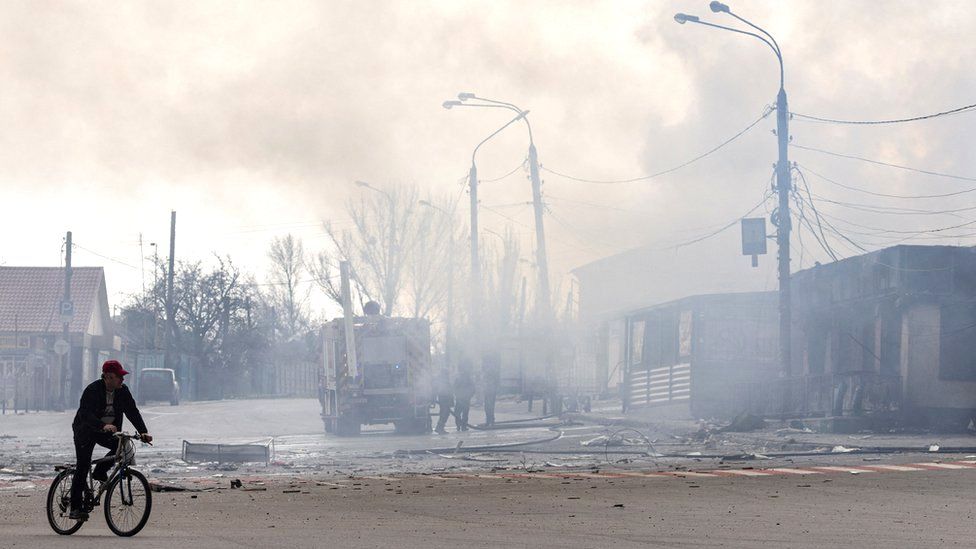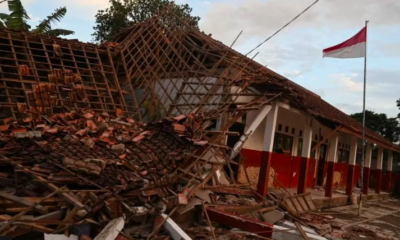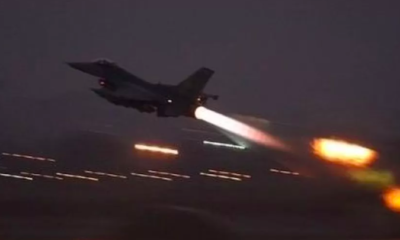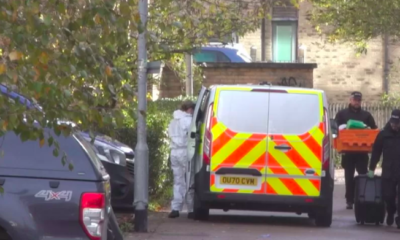
As Russian forces inch forwards along a meandering front line in the northern Donbas region, only one road now remains open for Ukrainians seeking access to the besieged hilltop farming town of Lysychansk.
An earthy colored smoke trail from a rocket floated upward, and three big guns shells landed maybe a mile east of the street one ongoing evening, as Major Oleg Kravchenko drove at enraged speed towards a forward clinical post near the propelling Russian bleeding edges.”Consistently it’s blood, blood, blood, blood,” said Maj Kravchenko, a wry, brawny figure who heads the military’s clinical groups nearby.”Hold your head down and watch out for sharpshooters. The Russians were shelling this region 15 minutes prior,” a military medical caretaker said as we followed the major into a neglected structure where rescue vehicle groups were sitting tight for the following call.The quaver of springtime birdsong was intruded on like clockwork by the blast of big guns. Broken glass and flotsam and jetsam covered the floor. An unused table-tennis table remained in one corner, almost an enormous opening that had been torn in the substantial divider by an approaching shell. The doctors sat close by around an improvised table, drinking coffee.Lysychansk is one of numerous essential towns – set in the midst of woodlands, moving slopes, and goliath coal mineshafts – presently being focused on by the Kremlin as its powers attempt to sort out a pincer development from the east to hold onto the remainder of the Donbas, and to surround Ukrainian powers. “The most we’ve had is 30 injured (in one day). Shrapnel, slugs, injury. Contingent upon what sort of fight. We get them and take them to the clinic. The battling is exceptionally outrageous and hazardous at this point. Yet, our warriors are standing firm on our situations and we’re providing for our adversary a decent battle,” Maj Kravchenko said.On many forefronts, by far most of wounds include shrapnel and blackout – proof of the Russian technique of essentially besieging Ukraine’s intensely sustained positions from a good ways. In any case, the shot wounds the significant talked about appear to back up reports that Russian soldiers are presently trying to progress by walking.Further up the slope, outside Lysychansk’s disintegrating, Soviet-time emergency clinic, presently run by the military, an officer with serious head wounds lay on a cot inside a rescue vehicle.”The injury is extreme. His possibilities are exceptionally poor,” said the doctor treating him, bluntly, seconds before the emergency vehicle left to move the patient to a more secure area.Higher up, the obscured medical clinic wards were loaded with additional youthful fighters, many lying drowsily on beds, experiencing blackout.”It was mortar fire. On Easter day. My cerebral pains. It’s difficult to center,” murmured Olexander Grinchak, 30. He motioned gradually towards the bed inverse, where his companion was recuperating from comparable wounds. The medical clinic has no running water, yet is proceeding to do a medical procedure.In the city outside, numerous structures bear the scars of late Russian cannons and rocket fire. A new effect site left a colossal opening out and about; a gas station had been broken by another strikeRussian powers have been pushing towards Lysychansk from the north, the east, and presently from the south-east, in what seems, by all accounts, to be a more calculated and maybe more successful system to remove key Ukrainian stock lines, including the area’s indispensable rail organization.Most regular people have proactively deserted Lysychansk and the close by cutting edge town of Severodonetsk. Yet, during an especially uproarious explosion of shelling, a group of four strolled along the asphalt close to the medical clinic conveying new supplies of food to a close by basement.”We have no place else to go. No family members in different spots. Moreover, you really want cash to live elsewhere and we would be bankrupt in somewhere around a month,” said Anastasia Leontiova, holding her kid child’s hand.”I’m feeling fine,” said nine-year-old Masha, brilliantly, in spite of the fact that she jumped when an uproarious blast across the town. “I’m not frightened. Since I’m the more established sister, so I’m not terrified,” she proceeded.Seventeen regular citizens, including a few youngsters, were living in the basement of an enormous authoritative structure. Their water had quite recently been cut, yet they actually had power.One couple, Lubova Gubin, 69, and her better half Alexei, 73, sat on their beds in a minuscule room, paying attention to the news on a radio and discreetly quarreling over what they ought to do. The resigned kindergarten cleaner and transporter have lived in Lysychansk their entire lives.”We’ll remain here. We’ve had a long life,” said Alexei, solidly.”All things considered, he chooses,” said Lubova.”I told my better half she could leave with the youngsters,” answered Alexei.”My better half is debilitated. His legs hurt. He can’t walk. Along these lines, we’ll remain. In any case, I’m terrified. This war ought to never have occurred,” said Lubova, prior to starting to sob uncontrollably. “It’s terrible. I’m so apprehensive. I’m apprehensive consistently. I couldn’t say whether we’ll endure this. I couldn’t say whether Lysychansk, or Ukraine, will make due.”





































































































































































































































































































































































































































































































































































































































































































































RSS